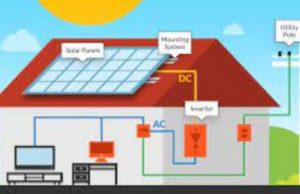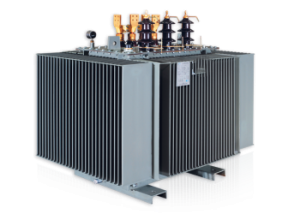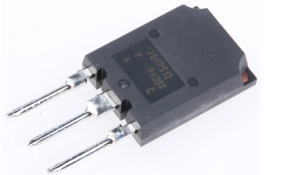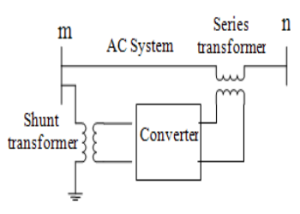Electronic Components Supplier | Transformers, Inductors, Inverters
The decision to go solar is just the beginning. The next critical choice is selecting the right type of system for your energy needs and lifestyle. Understanding the difference between off-grid solar systems and on-grid solar systems is essential for any homeowner or business looking to harness the sun’s power. This definitive guide breaks down everything you need to know, helping you make an informed decision that maximizes your investment and energy independence.
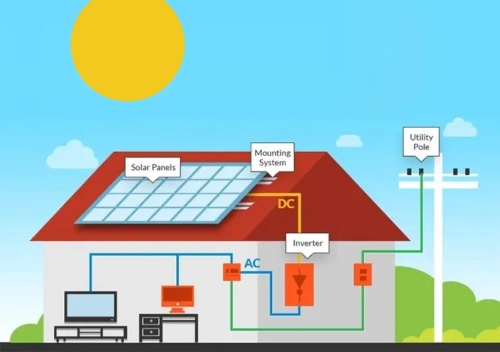
What is an On-Grid Solar System? Tied to the Grid
An on-grid solar system, also known as a grid-tied system, is the most common and widely installed type of solar power system. It is directly connected to the public utility grid. Here’s how it works:
- Energy Flow: Your solar panels generate DC electricity, which an inverter converts to AC power for your home. This electricity powers your appliances first. Any excess energy is fed back into the utility grid.
- Net Metering: This process is called net metering. Your electric meter literally spins backward, and your utility company credits you for the surplus power you supply. At night or on cloudy days, you draw power from the grid, using these credits.
- Key Consideration: A critical feature of a standard on-grid solar system is that it shuts off during a power outage. This is a safety requirement to prevent sending electricity back to the grid and endangering utility workers.
Best for: Homeowners and businesses with reliable grid access who want to significantly reduce electricity bills with a lower upfront investment.
What is an Off-Grid Solar System? Complete Energy Independence
An off-grid solar system is a self-sufficient energy solution that operates completely independently from the utility grid. This option is perfect for remote cabins, rural properties, or anyone seeking total energy autonomy.
- Energy Storage is Key: The defining component of an off-grid solar system is the solar battery bank. Since there is no grid connection, all the solar energy you generate must be stored for use when the sun isn’t shining.
- Backup Power: These systems require a backup generator (often propane or diesel) and a larger array of solar panels to ensure a consistent power supply through periods of bad weather.
- System Sizing: Properly sizing an off-grid system is crucial. It requires a detailed audit of your energy consumption to ensure the battery storage capacity and solar array can meet your daily needs.
Best for: Remote locations without grid access or individuals determined to achieve complete energy self-sufficiency, regardless of cost.
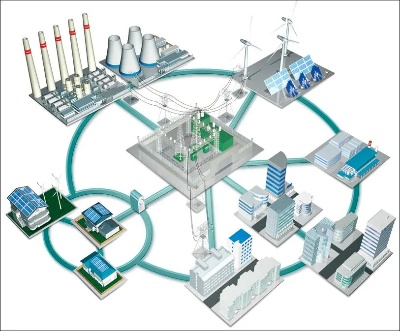
Hybrid Systems: The Best of Both Worlds?
The hottest trend in 2024 is the rise of hybrid solar systems. Also known as “solar-plus-storage” systems, they combine the reliability of the grid with the resilience of battery backup.
A hybrid system is essentially an on-grid solar system with the added capability of solar battery storage. You can still benefit from net metering, but your stored energy can power essential loads during a grid outage. This offers a perfect middle ground for those seeking security without forgoing the financial benefits of being grid-connected.
Key Differences: Off-Grid vs. On-Grid Solar
| Feature | On-Grid Solar System | Off-Grid Solar System |
|---|---|---|
| Connection to Grid | Yes | No |
| Power During Outage | No (unless hybrid with battery) | Yes |
| Energy Storage | Not required (optional for hybrid) | Required (large battery bank) |
| Upfront Cost | Lower | Significantly Higher |
| Maintenance | Lower | Higher (batteries & generator) |
| Energy Reliability | High (grid as backup) | Dependent on sun & system size |
Making Your Choice: Factors to Consider
Your decision between an off-grid and on-grid solar system depends on several factors:
- Location & Grid Access: Is the utility grid reliable and easily accessible?
- Budget: Off-grid solar systems have a much higher initial cost due to the extensive battery storage required.
- Energy Goals: Do you want to save money or achieve total independence from the grid?
- Reliability Needs: How critical is it to have power during a grid outage?
For most urban and suburban dwellers, an on-grid or hybrid solar system is the most practical and cost-effective choice. For those in remote areas, off-grid solar is the only path to modern electricity.
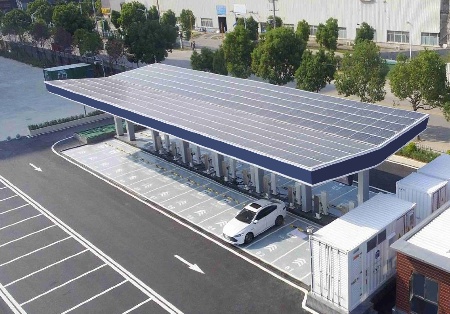
Conclusion: Power Your Future Your Way
The choice between off-grid and on-grid solar systems defines your energy journey. On-grid systems offer a affordable way to slash bills and reduce your carbon footprint. Off-grid systems provide ultimate freedom and independence at a premium. The innovative hybrid system is becoming the gold standard, blending the best of both worlds for security and savings.
Ready to explore your options? Consult with a certified solar installer to design the perfect system—whether off-grid, on-grid, or hybrid—for your unique needs.


